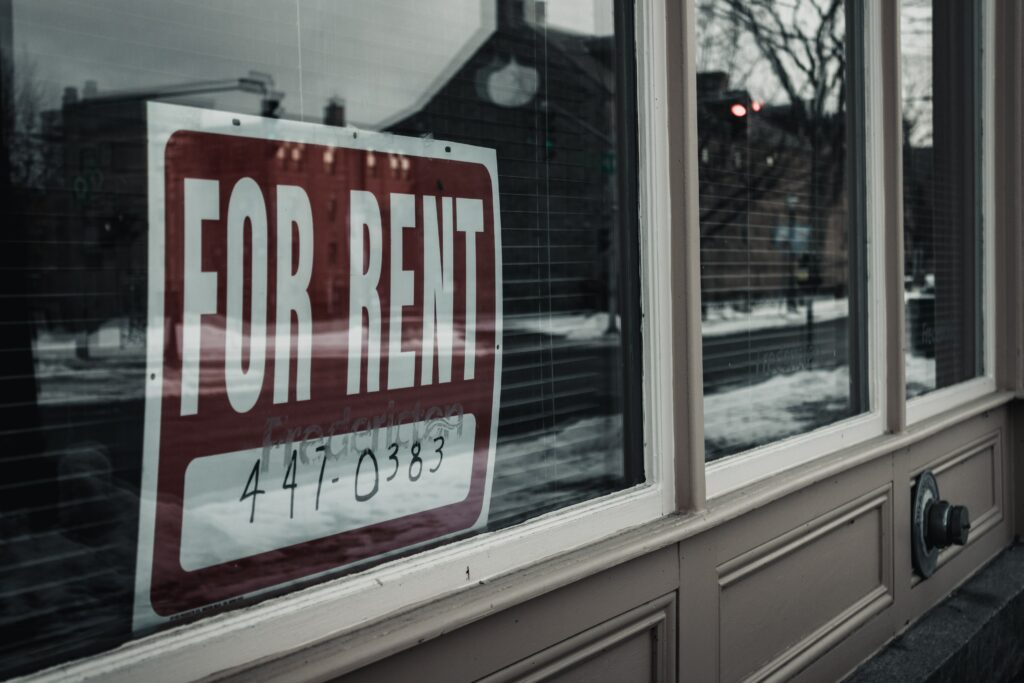From the opinion panel: Colorado’s lawmakers take on renters’ rights
Friday, May 5, 2023
Although an effort to allow cities pursue rent control died, a half-dozen renter protection bills were introduced in the Colorado Legislature this year. What works, what doesn’t? What else would you like to see next session?

Celeste Landry: Eviction protection and rent control are good for tenants
I’m particularly excited about eviction protection bills. My very good friend Miguel Wooding founded the Eviction Defense Collaborative in San Francisco, and I was a strong supporter of Boulder’s successful 2020 “No Eviction Without Representation” ballot measure, which I understand was modeled after San Francisco’s 2018 Prop F.
At the state level, Boulder’s own Rep Junie Joseph is sponsoring HB 23-1120 to provide eviction protection, specifically mandatory mediation between tenants receiving public assistance and their landlords prior to landlords filing an eviction complaint. The bill notes that a “2021 study found that renters are represented by legal counsel in only one percent of eviction cases, while landlords are represented in 77% of cases … Skilled, neutral mediators can help guide the parties to find a reasonable and long-lasting alternative to eviction.”
Rep Javier Mabrey is sponsoring HB 23-1171 to define and require just cause for evicting tenants. Both bills seem likely to become law.
I highly recommend the book “Evicted” by Matthew Desmond. When I mentioned the book to then-city council member Jill Grano, she told me that she had bought a copy for each city council member. That’s a seal of approval!
Another form of renter protection, albeit more controversial, is rent control. The state bans communities from enacting rent control and, unfortunately (in my opinion), that is not changing in the near future. House Bill 23-1115 was killed before Gov Polis even got to deliver his promised veto.
Polis’ approach is to increase supply, pushing SB 23-213 as the way to do this. One particularly controversial provision let the state, rather than municipalities, zone to allow the conversion of a single-family home to a multiplex. The bill has been amended so much that it is now a shell of its former self. (Editor’s note: The House is currently working on a version of the bill that restores some of its requirements. If passed, it will have to be reconciled with the Senate legislation.)
Increasing supply is about availability of rental units, not about renter protection. An argument heard in Boulder is that we have an inelastic demand market for housing; increasing supply may only benefit landlords (who can charge by the room). Rent control would help renters.
And so we’ve come back to increasing supply vs. rent control. Neither one seems to be gaining much traction this legislative session.
Celeste Landry began working with newspapers at age 11 as a paper girl, followed by stints in reporting, editing and sales. More about Celeste.
Teddy Weverka: Bills offer reasonable protections for renters
A number of renters bills are making their way through the legislature. Some, like rent control, targeted all lease agreements. Others seem to target practices of corporate landlords more than individual investor owners.
The rent control bill — even before being killed in committee — was watered down so much that it wouldn’t have controlled rent. The other bills currently being considered cover pets, eviction restrictions, rental application fees, and certain fees attached to leases.
Most of these bills will have little impact on tenants renting from independent owners.
Independent owners are not exploiting all the angles they can in their rental agreements. Good agreements require good faith, as it is difficult to write legal agreements that anticipate all potential issues that come up. Independent owners are more likely to have a personal connection with the tenant and establish a working relationship as the basis for an agreement.
Independent owners in Boulder often use the Boulder Model Lease agreement. And this agreement has none of the clauses that would be prohibited by these bills.
The Prohibited Provisions Bill stops leases from including penalties on eviction, prohibiting a jury trial or class action lawsuit, including fees for failure to give notice, mischaracterizing fees as rent, including markups on service fees, and evictions for nonpayment of utilities.
The Eviction Protections Bill requires mediation before evicting tenants who have state or federal aid, and it exempts landlords with five or fewer units.
The Portable Screening Bill allows prospective tenants to use a single credit check for all their rental applications.
The three bills above are clearly targeted at large-scale rental operations. They add reasonable protections for tenants and should be passed. They will help make tenants’ lives easier and not affect the small-time landlords.
(Editor’s note: After the writing of this piece, the Portable Screening and Prohibited Provisions bills both passed. Eviction Protections is still under consideration as of the time of publication.)
Teddy Weverka is an engineer in Boulder where he enjoys photography and keeping backyard chickens. More about Teddy
Boulder Beat Opinion Panel members are writing in their own capacity. Their views do not necessarily reflect those of Boulder Beat. Got a different take? Write a Guest Opinion using our op-ed and comment guidelines or submit an application to join the Opinion Panel. Housing Opinion BBOP Boulder Beat Opinion Panel Colorado Legislature eviciton housing land use rent control renter protections renters tenant protections zoning
Housing Opinion BBOP Boulder Beat Opinion Panel Colorado Legislature eviciton housing land use rent control renter protections renters tenant protections zoning

